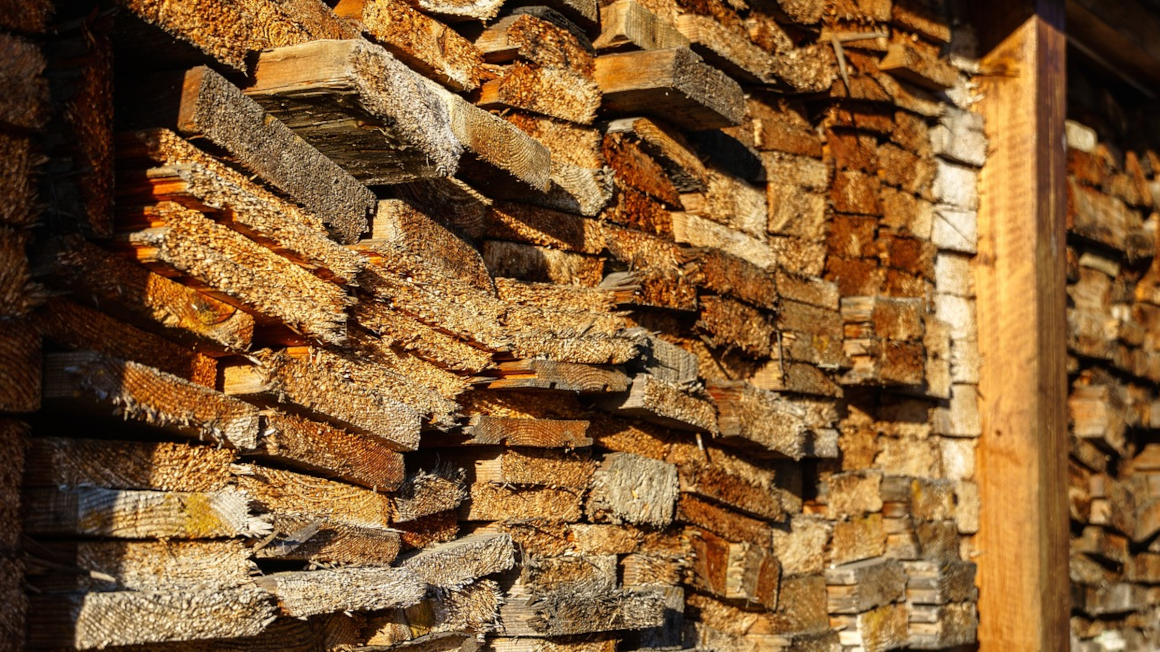Bio-based adhesives for wood panels
The development of bio-based adhesives, coatings and fibres for the construction industry is the focus of a new EU project involving researchers from the Steinbeis Europe Centre and the Fraunhofer Society.

Wood is an important material for the construction industry. However, not all wood waste can be recycled to reuse the raw material. As part of the EU project ‘CIRCULAR-C’, an international research team, including the Steinbeis Europa Centre and the Fraunhofer Society for the Promotion of Applied Research, aims to develop innovative bio-based compounds for wood panels, paving the way for a more sustainable and circular construction industry.
Effectively recycling wood waste
The problem: adhesive residues often prevent wood waste from being recycled effectively. They frequently consist of urea-formaldehyde adhesives, which serve as binders and complicate both physical and chemical recycling processes. The aim of CIRCULAR-C is to maximise the utilisation of residual materials, improve material recycling and thus reduce the impact on the environment and climate.
Bio-based compounds for wood panels
The newly launched EU project therefore focuses on the development of bio-based adhesives, coatings and fibres. Specifically, it concerns bio-based compounds for wood panels that are chemically reversible and fire-resistant and can be used in the manufacture of flooring, insulation materials and furniture. In addition, digital product passports are to be created that include environmental impact and life cycle analyses.
The CIRCULAR-C project (Novel biobased formulations for CIRCULAR Construction materials) is being funded with around €4 million until May 2029 as part of the European research and innovation programme Horizon Europe. A total of ten partners from seven countries are involved – Belgium, the Netherlands, Finland, France, Greece, Turkey and Germany.
bb


